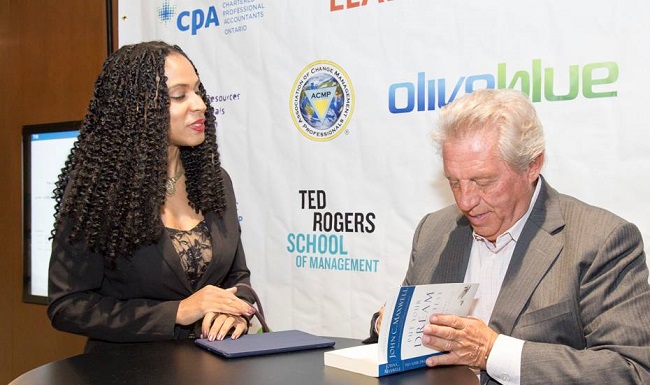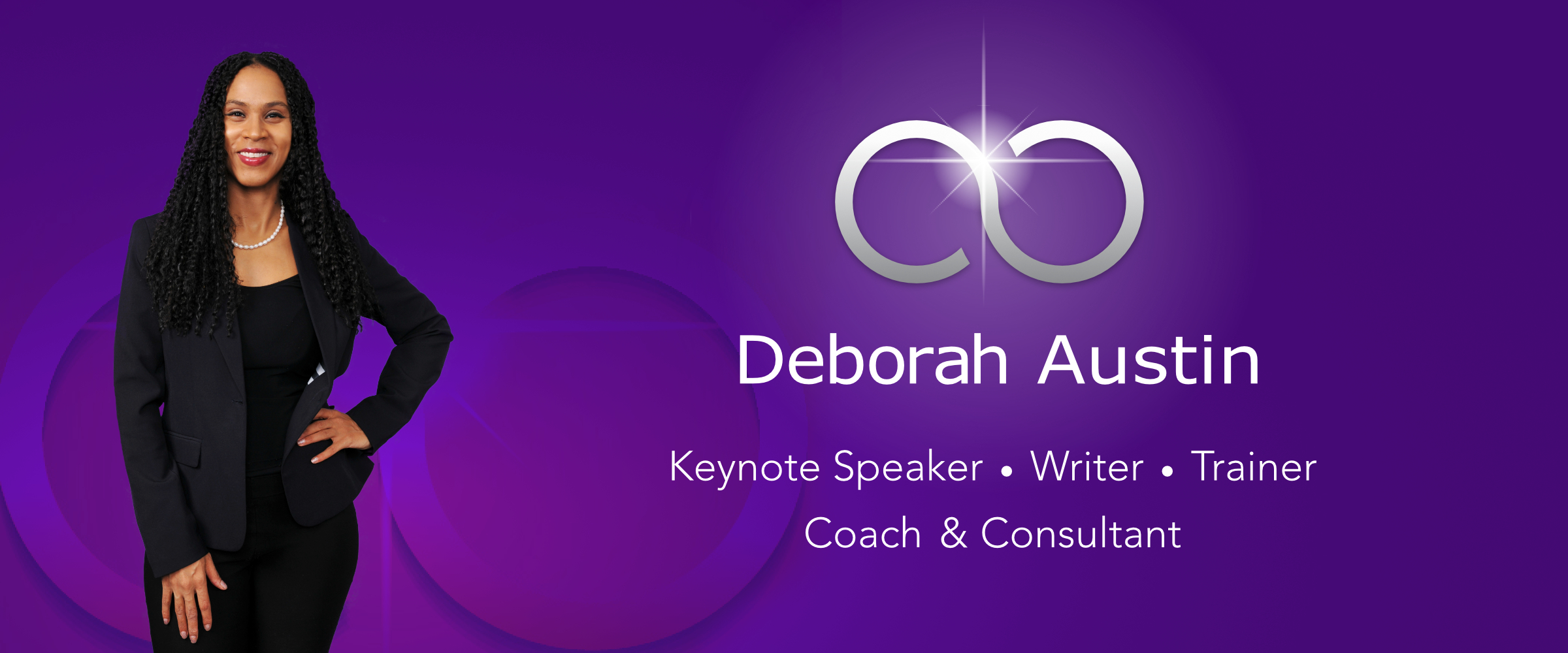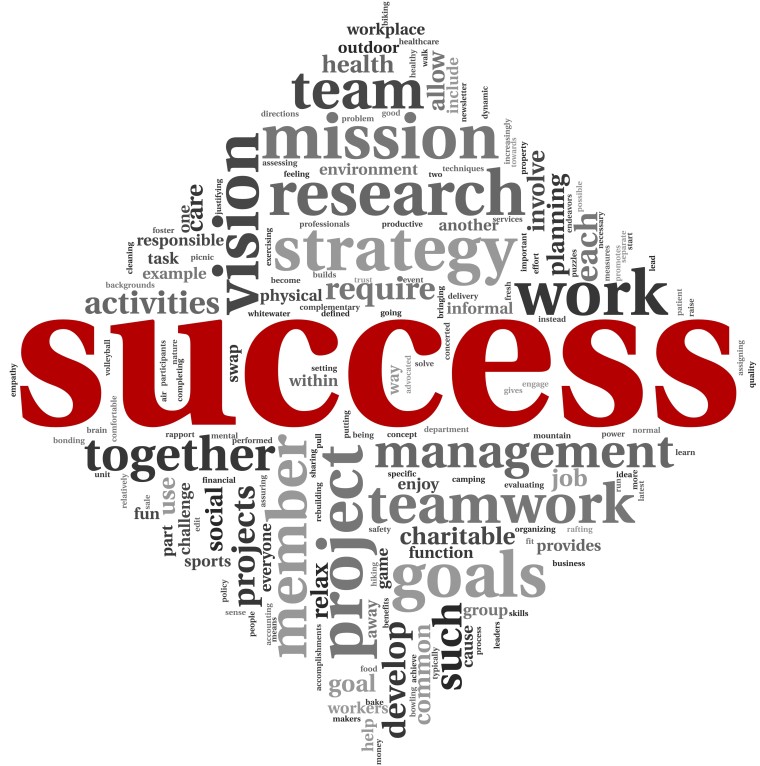Here is one my favourite “flashback” articles on leadership that I wrote.

“Leadership is a verb not a noun.” John C. Maxwell
John Maxwell is a leadership guru who has written numerous New York Times best-selling books on the topics of leadership and personal development. For well over four decades, he has written on the topic of leadership in addition to coaching leaders and consulting with companies and organizations. I recently had the opportunity to meet John Maxwell in person and other outstanding Thought Leaders at the Change Leadership Conference in Toronto. Maxwell delivered a humorous and enlightening keynote on leadership in today’s environment.
While there were numerous insights I gleaned from his talk, one of the key insights that stood out right from the start is that according to Maxwell, “leadership is a verb not a noun.” What this means is that leadership is the act of doing, it’s not a static entity. My opinion is there are people who are great managers (they know the functional and technical aspects of their job) yet they need to grow into being a leader. Maxwell described leadership as a process, which I understood to mean that over time it is possible to grow into a high level of leadership capacity. I think for many of us this is a relief to know as the term “leaders are born and not made,” is often used when describing an outstanding leader. Describing leadership as a process means that no matter where someone is at in their leadership journey, developing the skills to be an excellent leader can be developed with the right mentoring, coaching and tools.
A good metaphor that I liked that Maxwell used was the concept of the “leadership lid.” An organization and its employee or team members can only develop or grow as high as the leadership lid of its leaders. For example, say there was a scale of one to five and the top leader was operating at a level one. The employees and the organization as a whole would not be able to move past the level one leadership lid. If employees are capable of moving past level one, they will not stay in that organization over the long term because they will feel they are stagnating in their roles. Also, the organization as a whole will suffer and stagnant. If the top leader or leadership team is operating at a high level, everyone in the organization benefits and is elevated to that level, including the organization as a whole.
The majority of Maxwell’s presentation focused on the five levels of leadership described in his book, The 5 Levels of Leadership: Proven Steps to Maximize Your Potential. In his talk and in the book, he describes each of the levels of leadership. Level five leadership is the highest a leader can aspire to in their leadership journey. For more specific info about the various levels of leadership, read the book. In a nutshell, here is what I took away from his talk about the five levels of leadership.
Level One Leaders
Level one leaders have authority by virtue of their position and title. People follow these leaders because of their title and it takes minimal effort to convince people to follow level one leaders. In other words, people follow directions because their leader is the boss. If you are an employee and you want to stay employed, following the directions of your boss keeps you employed. Unfortunately, level one leadership (i.e. leadership by title) is the level of leadership that prevails in many companies and organizations. The leaders who have the authority to lead are not necessarily the most visionary leaders in an organization. Sometimes through tenure or seniority, some people have the authority to lead simply because of their title and position, not necessarily because they are a good leader.
Level Two Leaders
Level two leaders start to build relationships. According to Maxwell, there are various questions that followers at this level ask of their leaders. These questions can include: 1) do they like me? 2) can you help me and 3) can I trust you? In other words, as my leader will you manipulate me or help to motivate me to achieve goals? Leaders who start to gain the trust of their followers beyond their title, start to build trust in their followers and enhance their relationships. Level two leaders listen and ask questions. Their followers see that these leaders are open to building relationships. These leaders listen, learn and lead.
Level Three Leaders
Level three leaders are leaders who start to have the moral authority to lead. In other words, people don’t follow level three leaders just because of their title and position. They follow these leaders because they have been successful and they have a track record of successful leadership. Level three leaders are now teaching others what they know and are sharing their knowledge with their followers.
Level Four Leaders
Level four leaders start to gain momentum when it comes to leadership. Level four leaders start to really empower their followers. These leaders gain momentum because they have built upon the other levels of leadership. At this level, leaders have the formal title and position. As leaders, they are listening to their followers and incorporating the learnings into their leadership style. Level four leaders have a successful track record of leading others through their moral authority of listening and learning. And they also share their knowledge to empower others. Level four leaders want to equip and empower their followers so that their followers can start to be leaders in their own right.
Level Five Leaders
Level five leadership is the pinnacle of the leadership levels. Level five leaders have successfully gone through the various levels of leadership. People follow them because of who they are. They lead by example. Level five leaders want their followers to become successful, independent leaders who will empower other people. In other words, according to Maxwell, the person you equipped is equipping others. In the John Maxwell organization, they only invest in people who invest in others.
I thought the five levels of leadership scale is an excellent barometer to test where people are at in terms of their leadership journey, style and impact.
Another key point that really stood out for me from John Maxwell’s talk was his perspective on consistency. Maxwell revealed that he has been asked numerous times over the years, what is the key to his success. According to him, the key determinant of his success was consistency over 45 plus years of doing his leadership work. For me, it was a brilliant insight when he said, “Consistency Compounds.” Think about some of the less than stellar results you may have achieved or not achieved in your life. What were some the contributing factors? I’m sure lack of consistency played a factor in some shape or form. Let me leave you some questions to ask yourself to help you gain insight on your success journey.
1.If leadership can be described as a process. What steps are you taking to enhance your leadership skills to assist the process?
2.Where are you in terms of the five levels of leadership and how can you improve?
3.What would happen to your life if you made consistency a dominant factor? Stay tuned in the next few weeks. I will be writing a major blog post on the topic of consistency!
I always love hearing from my readers, share your thoughts on any of the above.









